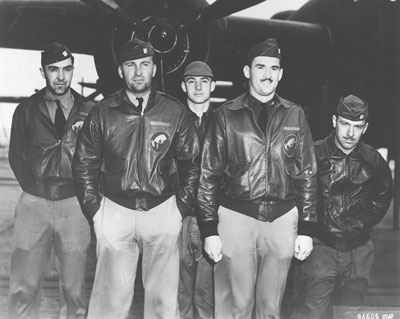
On the morning December 7, 1941, Americans heard on the radio, at church or from someone they knew, the news of the debilitating attack on Pearl Harbor Naval Base on the island of Oahu in Hawaii Territory. U. S. ships from parts of the Pacific fleet had pulled in to take on cargo, ammunition, men, equipment, and airplanes for the new aircraft carriers.
Since this was Sunday morning, few men were up and around when the first Japanese Zero planes dropped their bombs. U.S. military was startled. Pilots on board ships and near the runways hurried to their planes, sailors on ships manned arms, and the whole island was awake at once. The debacle lasted a short time before the Zero planes turned west for home, leaving Americans literally without naval support.
The news immediately reached Washington and President Franklin D. Roosevelt went on the radio as he began his report to the nation. Many high-level military men, Cabinet members and some congressmen were aware of the danger, but no one knew the exact time. The next day, Congress met as FDR read the Declaration of War to Japan. The following day, the United States declared war on Hitler, starting a complete worldwide war.
Here in Greenville and Hunt County young men began to register for service in the army, navy and marine corps. A large number of men from the area were students at Texas A&M College in College Station. The college quickly managed to see that upper class cadets would be able to graduate early in order to fill much needed officers positions.
Truett Majors is well-known in the area. His father was a Baptist minister here in town and the whole family was well-respected. In November Truett was in Manila, the military base in the Philippines. Truett had a severe attack of appendicitis and received surgery that knocked him out of his beloved plane.
While he survived the surgery, he was limited to ground duty, namely an anti-aircraft gun. Knowing of the attack at Pearl Harbor, the men in the Philippines were ready for a fight. It was at that place that Lt. Truett Majors died, the first victim from Greenville.
Dean Hallmark was quite a character here in Greenville. He was an excellent athlete, especially in football. He played under Coach Frnka on a winning state championship in one year, and twice runner-up. He went on the play football at Auburn in Alabama after attending Paris Junior College in Texas. From football he went to oil field work, returning to the U. S. when things got hot in South America. Dean joined the Army Air Corp and became a pilot. Actually, he was trained in Florida, and to get the plane to a ship waiting near Sacramento, Hallmark flew his plane over Lee Street in Greenville before going on to California. He joined Doolittle’s Raiders under Lt. Colonel James Doolittle on the Hornet. Piloting the Green Hornet, Hallmark and his crew dropped their bomb over Tokyo and headed for China. They had to crash near the Chinese border. Hallmark was ultimately executed. But the raid showed Americans and allies that the U. S. still had its grit.
One day I walked into Chuck Allen’s drycleaners when he pulled out a photograph of his father and uncle in the 1940s. The uncle, Lt. Truman L. Allen, was a pilot stationed near Lake Garda who was shot down the day before the surrender of Germany. Allen loved airplanes and flying. His plane was found 200 meters under water. Because the body can not be rescued, he will always be considered missing. The saddest thing I can think of is that Allen’s parents received word on the day of surrender. I did find the file his wingman submitted detailing the event.
I was asked by a gentleman in Belgium who remembered Lt. Carlton Sheram, Jr. It seems that as soon as Lt. Sheram graduated from Texas A&M, he was sent to Tank School. When finished he went to serve in the Battle of the Bulge. As they passed through a small town in Belgium, German soldiers attacked his tank killing him. I have found less information from the U. S. Army than Navy, or Army Air Corps. It has only been recently since these records have been made available.
My best interviews and information have been about James A. Rutherford. He was also a spotter pilot, served in the Alsace/Laurin area of France and another A&M graduate. He came back to Greenville, opened an accounting firm, and in 1974 hired my husband. A spotter pilot flew a small plane looking for German artillery. Then he contacted Allied artillery to wipe them out. The spotter pilot carried with him maps of the region, maps made by U. S. soldiers after World War I. My grandfather, I. G. Coley, was one of those mapmakers. My grandparents came to visit us, I knew he wouldn’t want to shop with us, so my husband suggested he introduce the two veterans. It was a highlight in both their lives. Mr. Rutherford was able to thank one of the mapmakers and my grandfather was thrilled with his gratitude. They visited for more than four hours.
These were not the only veterans from Greenville and Hunt County. History students at Texas A&M Commerce interviewed numerous veterans a few years ago. Those are located at the Waters Library on Campus. The index is available online at the library website.
